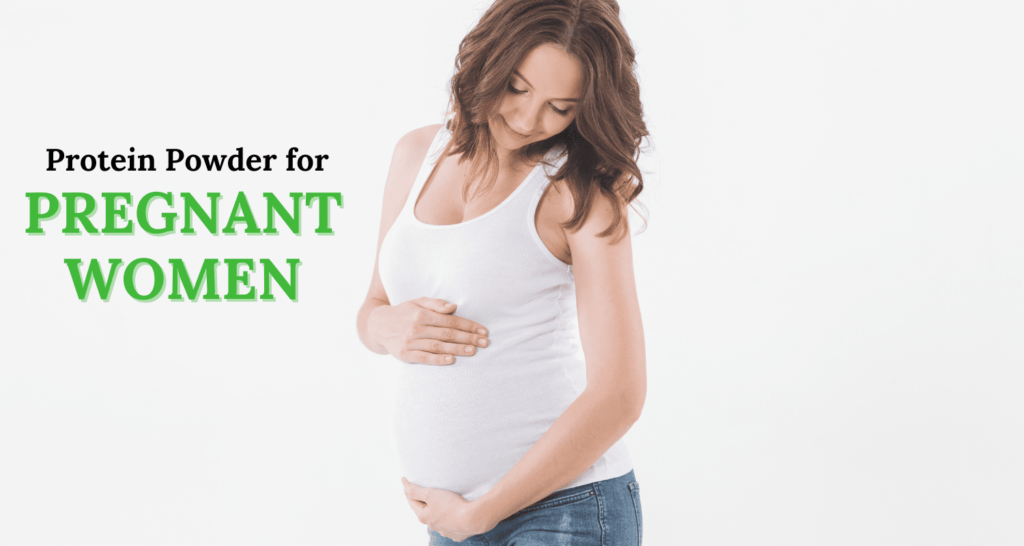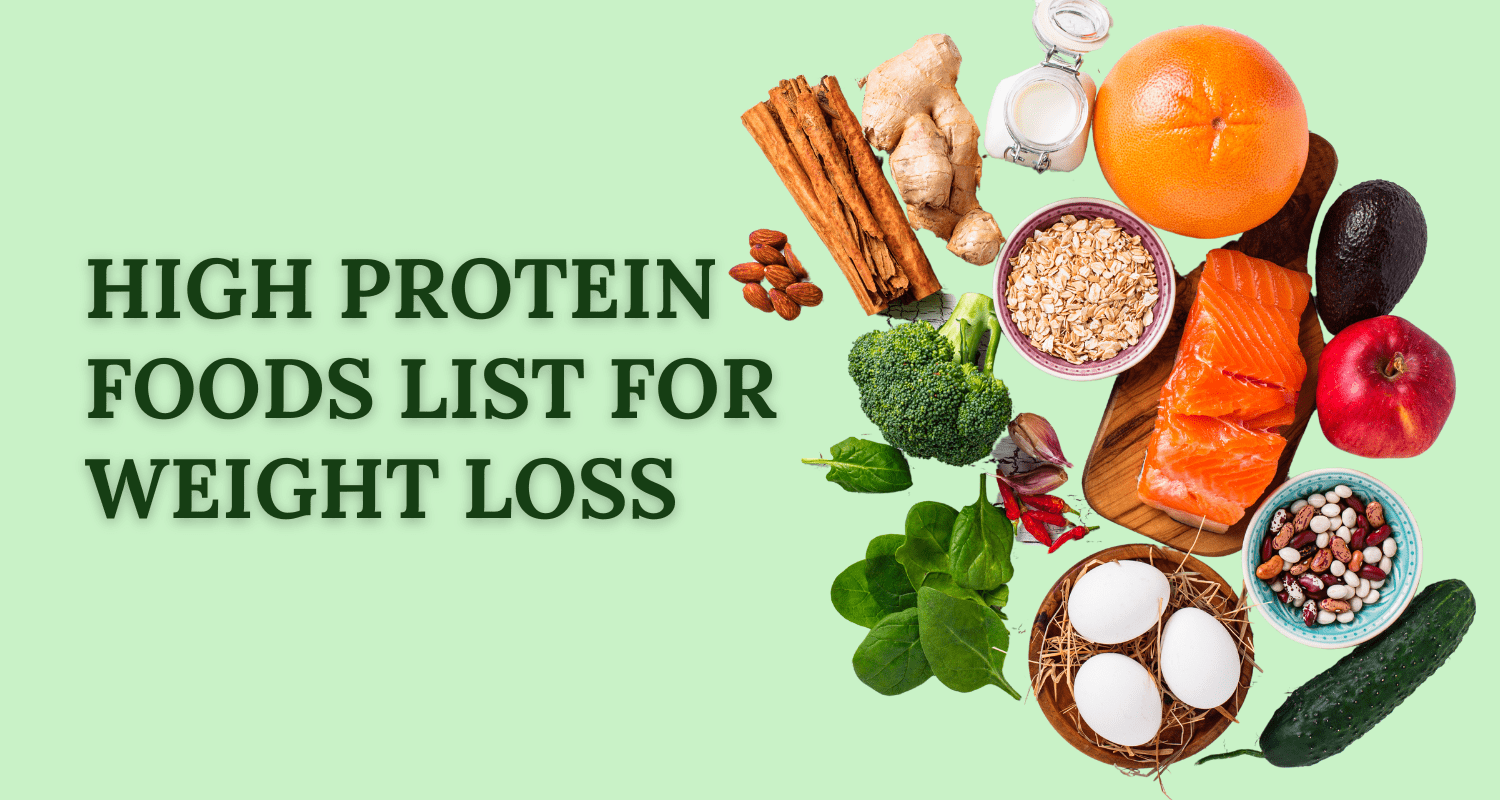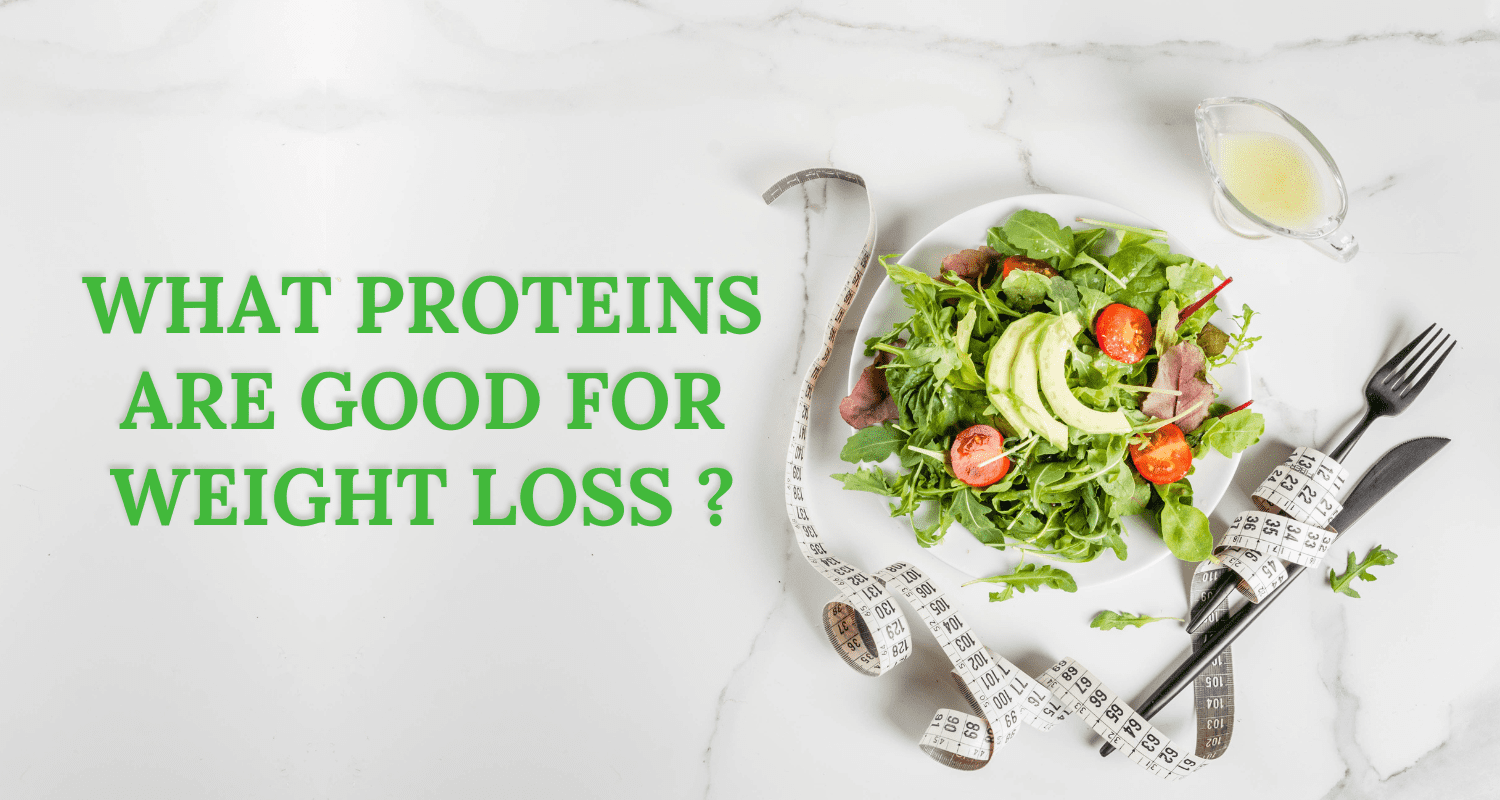Did you know that a pregnant woman’s protein needs increase significantly during pregnancy?
In fact, the daily recommended intake of protein for expectant mothers is 75 to 100 grams, which is about 25 to 50 percent higher than the average adult woman.
Protein plays a crucial role in the growth and development of the baby, as well as supporting the mother’s overall health during this critical period.
However, meeting these increased protein requirements can be a challenge, as many pregnant women struggle with appetite changes and aversions to certain foods.
This is where protein powder comes in.
Protein powder for pregnant women is a convenient and effective way to supplement their diet and ensure they are getting adequate protein.
In this article, we will explore the benefits of protein powder for pregnant women and how it can support maternal and fetal health during pregnancy.
Let’s explore protein powder for pregnant women.
Key Takeaways:
- During pregnancy, a woman’s protein needs increase significantly.
- The daily recommended intake of protein for pregnant women is 75 to 100 grams.
- Protein powder for pregnant women is essential for the growth and development of the baby.
- Protein powder is a convenient way for pregnant women to supplement their protein intake.
- In this article, we will discuss the benefits of protein powder for pregnant women and how it can support maternal and fetal health during pregnancy.
Importance of Protein for Pregnant Women
Protein plays a crucial role in the diet of pregnant women, as it provides essential nutrients for both the mother and the developing baby.
Adequate protein intake during pregnancy is vital for supporting the growth and development of the baby’s cells, tissues, and organs, as well as maintaining the overall health of the mother.
During pregnancy, the demand for protein increases to support the rapid growth of the baby.
Protein is necessary for the formation of new cells, including those in the baby’s brain, muscles, and organs.
Additionally, protein helps in the production of enzymes and hormones that regulate various bodily processes.
Protein also plays a key role in supporting the immune system, as it aids in the production of antibodies that help protect the mother and the baby from infections and illnesses.
It also contributes to the repair and maintenance of tissues, muscles, and organs in both the mother and the baby.
Benefits of Protein for Pregnant Women:
- Supports the growth and development of the baby’s cells, tissues, and organs
- Aids in the production of enzymes and hormones
- Helps strengthen the immune system
- Assists in tissue repair and maintenance
- Provides energy for the mother and the baby
It is important for pregnant women to ensure they are getting an adequate amount of protein in their diet to meet the increased demand.
Good sources of protein include lean meats, poultry, fish, eggs, dairy products, legumes, nuts, and seeds.
However, in some cases, it can be challenging for pregnant women to obtain enough protein solely from whole food sources.
This is where protein supplements, such as protein powder, can be beneficial.
Pregnant women should consult with their healthcare provider to determine the appropriate amount of protein intake for their individual needs.
The healthcare provider can also provide guidance on incorporating protein powder or other protein-rich foods into a well-balanced diet during pregnancy.
Protein Requirements During Pregnancy
During pregnancy, it is crucial for expectant mothers to ensure an adequate intake of protein to support both their own health and the growth and development of their baby.
The recommended daily protein intake for pregnant women varies depending on individual factors such as age, weight, activity level, and overall health.
However, on average, it is typically recommended that pregnant women consume approximately 75 to 100 grams of protein per day.
Meeting these protein requirements can be challenging through diet alone, especially for women who experience appetite changes or have dietary restrictions.
This is where protein supplements, such as protein powder, can play a valuable role in supporting optimal protein intake during pregnancy.
Protein supplements for expectant mothers are specifically formulated to provide the necessary amino acids and nutrients essential for maternal and fetal well-being.
The Benefits of Protein Supplements for Expectant Mothers:
- Protein supplements are a convenient and easily digestible source of high-quality protein, making it easier to meet daily protein requirements.
- They can help prevent protein deficiency, which is associated with adverse pregnancy outcomes such as low birth weight and impaired fetal development.
- Protein supplements can support healthy weight gain during pregnancy, as they provide a satisfying and satiating macronutrient that can help curb cravings and promote feelings of fullness.
- They provide essential amino acids necessary for the development of the baby’s muscles, tissues, and organs.
- Protein supplements can contribute to improving maternal immune function and overall well-being.
It is important to note that not all protein supplements are created equal, and expectant mothers should choose protein powders specifically formulated for use during pregnancy.
These products are often made with high-quality ingredients and undergo rigorous testing to ensure safety and purity.
It’s also advisable for pregnant women to consult with their healthcare provider before incorporating protein supplements into their diet to ensure they align with individual needs and medical history.
Nutritional Benefits of Protein Powder
Protein powder offers numerous nutritional benefits for pregnant women, making it a valuable addition to their pregnancy diet.
This supplement plays a crucial role in supporting muscle and tissue growth, which is essential for the developing baby and the overall health of the mother.
Here are some specific benefits of prenatal protein powder:
- Promotes fetal development: Protein is the building block of cells, organs, and tissues. Adequate protein intake through protein powder during pregnancy helps in the formation of healthy cells and organs for the baby, contributing to optimal fetal development.
- Supports maternal tissue repair: Pregnancy can put added stress on the mother’s body, and protein powder helps in repairing and rejuvenating maternal tissues, especially muscles, which may undergo stretching and strain during pregnancy.
- Improves immune function: Protein is essential for the production of antibodies and immune system cells. Consuming protein shakes for pregnant women can help boost immunological function, providing added protection against infections and supporting overall immune health.
- Aids in healthy weight management: Protein is known to promote satiety and reduce cravings, making it beneficial for managing healthy weight gain during pregnancy. Including protein powder in the diet can help pregnant women feel fuller for longer and potentially prevent excessive weight gain.
- Enhances energy levels: Protein is a vital macronutrient that provides energy for the body. Supplementing with protein powder can help combat fatigue and provide expectant mothers with the sustained energy they need to tackle the physical demands of pregnancy.
It’s important to note that while protein powder offers these benefits, it should not be relied upon as the sole source of protein during pregnancy.
It is recommended to incorporate a variety of whole food sources of protein, such as lean meats, poultry, fish, dairy products, legumes, and nuts, alongside protein powder, to ensure a balanced and nutritious diet.
Protein Powder vs. Whole Food Sources
When it comes to meeting the protein needs of expectant mothers, both protein powder and whole food sources play essential roles in maintaining a protein-rich diet for a healthy pregnancy.
Each option offers unique advantages and considerations that can be evaluated based on individual preferences and dietary requirements.
The Pros and Cons of Protein Powder
Protein powder is a convenient and versatile option for expectant mothers looking to supplement their protein intake.
It offers a concentrated source of protein in a powdered form, making it easy to incorporate into meals, snacks, or smoothies.
This can be particularly beneficial for busy moms-to-be who may find it challenging to consume adequate protein from whole food sources alone.
Benefits of Whole Food Sources
While protein powders offer convenience, whole food sources provide a variety of essential nutrients along with protein.
Incorporating a combination of lean meats, poultry, fish, legumes, dairy products, and nuts and seeds can ensure a well-rounded diet during pregnancy.
By including both protein powder and whole food sources in their diet, expectant mothers can enjoy the benefits of convenience and variety while ensuring a sufficient intake of essential nutrients for themselves and their growing baby.
Choosing the Right Protein Powder
When it comes to selecting a protein powder for pregnant women, it’s important to prioritize the specific needs of expectant mothers.
With a range of options available, considering factors such as ingredient composition, safety, and potential allergens can help in making an informed decision.
1. Ingredient Composition
Take a close look at the ingredient list of the protein powder you are considering.
Opt for options that are free from artificial additives, sweeteners, and unnecessary fillers.
Look for protein powders that are derived from high-quality sources such as whey, pea, or soy protein.
2. Safety
Ensure that the protein powder you choose is safe for consumption during pregnancy.
Look for products that are third-party tested for purity and quality.
Avoid protein powders that contain excessive amounts of certain vitamins or minerals, such as vitamin A or caffeine, which may pose risks to pregnancy.
3. Potential Allergens
If you have any known allergies or sensitivities, it is important to consider potential allergens present in the protein powder.
Common allergens include dairy, soy, gluten, and nuts.
Opt for protein powders that are free from allergenic ingredients or choose options that are specifically labeled as allergen-free.
Remember to consult with your healthcare provider before adding any protein powder to your pregnancy diet. They can offer personalized advice based on your individual needs and medical history.
Using Protein Powder Safely During Pregnancy
When it comes to incorporating protein powder into your pregnancy nutrition plan, it’s essential to prioritize safety.
While protein powder can provide numerous benefits for pregnant women, it’s crucial to use it responsibly and mindfully.
By taking some simple precautions, you can ensure a safe and healthy experience with protein powder for pregnant women.
1. Consult with Your Healthcare Provider
Before starting any new dietary regimen, including the use of protein powder, it’s important to consult with your healthcare provider.
They can provide personalized guidance based on your individual needs and medical history, ensuring that protein powder is suitable for you.
2. Choose a High-Quality, Trusted Brand
Opt for protein powders from reputable brands that prioritize quality and safety.
Look for products specifically designed for use during pregnancy, as they undergo rigorous testing and adhere to strict quality standards.
Read reviews and check for certifications to ensure you’re selecting a reliable option.
3. Read the Ingredients List Carefully
When choosing a protein powder, carefully review the ingredients list before making a purchase.
Avoid powders that contain artificial additives, preservatives, or excessive amounts of sugar.
Look for natural and wholesome ingredients, preferably organic, for a more nourishing choice.
4. Monitor Your Protein Intake
Pay attention to your overall protein intake from all sources, including protein powder.
It’s crucial not to exceed the recommended daily protein intake for pregnant women.
Your healthcare provider can help you determine the appropriate amount of protein you should be consuming each day to support a healthy pregnancy.
5. Stay Hydrated
Protein powders can be more concentrated than whole food sources of protein, so it’s important to stay properly hydrated.
Drink plenty of water throughout the day to support proper digestion and absorption of nutrients.
6. Be Mindful of Potential Allergens
If you have any known allergies or sensitivities, carefully check the protein powder’s ingredient list for potential allergens.
Common allergens include dairy, soy, gluten, and nuts. Opt for allergen-free options or consult with your healthcare provider if you have concerns.
7. Monitor for Potential Side Effects
While protein powder is generally safe for most pregnant women, some individuals may experience side effects such as gastrointestinal discomfort or allergic reactions.
If you experience any adverse effects after consuming protein powder, discontinue its use and consult with your healthcare provider.
By following these precautions and using protein powder responsibly, you can reap the benefits of protein supplementation during pregnancy while prioritizing your health and the well-being of your baby.
Incorporating Protein Powder Into a Healthy Pregnancy Diet
Protein powder can be a valuable addition to a well-balanced and nutritious diet for pregnant women.
It can help meet increased protein requirements during pregnancy and offer a range of benefits for maternal and fetal health.
1. Protein-Packed Smoothies
A quick and easy way to incorporate protein powder into your pregnancy diet is by adding it to smoothies.
Blend together a scoop of protein powder, your choice of fruits or vegetables, and a liquid of your choice, such as milk or yogurt.
This provides a delicious and refreshing way to boost your protein intake.
2. Protein-Filled Snacks
Snacks are a great opportunity to sneak in some extra protein.
Consider making protein bars or energy balls with protein powder as one of the main ingredients.
You can also sprinkle protein powder on top of yogurt, add it to oatmeal, or mix it into nut butter for a protein-rich treat.
3. Protein-Enhanced Meals
Incorporating protein-rich diet for expectant mothers into meals can be as simple as adding it to pancake or waffle batter, or even using it as a coating for baked chicken or fish.
Swap out a portion of your regular flour with protein powder in baking recipes to make them more nutritious.
4. Recipe Inspiration
Looking for specific recipes to try?
Consider protein-packed options like protein pancakes, protein smoothie bowls, or protein-rich soups and stews.
These recipes can not only satisfy your taste buds but also provide the necessary protein for a healthy pregnancy.
5. Always Read Labels
When selecting a protein powder, read the labels carefully and opt for options specifically formulated for pregnant women.
Look for natural ingredients, minimal additives, and allergen information to ensure a safe and healthy choice for you and your baby.
- Check the protein content per serving and aim for around 20-30 grams per serving, depending on your individual needs and recommendations from your healthcare provider.
- Consider the flavor and taste preferences that suit your palate. Vanilla and chocolate are popular options that can easily blend into various recipes.
- Consult with your healthcare provider to ensure that the protein powder you choose is safe for your specific situation and aligns with any dietary restrictions or medical conditions you may have.
By incorporating protein powder into your healthy pregnancy diet, you can conveniently boost your protein intake and support your overall well-being and that of your growing baby.
Consulting with a Healthcare Provider
Before making any changes to your dietary regimen during pregnancy, including the incorporation of protein supplements, it is crucial to consult with a healthcare provider.
Your healthcare provider is the best resource to help you determine if protein supplements, such as protein powder, are suitable for your individual needs and medical history.
They can assess your specific nutritional requirements and guide you in making informed decisions about protein supplementation.
While protein supplements can offer benefits for expectant mothers, it is essential to ensure they align with your overall pregnancy nutrition plan.
During your consultation, your healthcare provider can evaluate any potential risks or contraindications and provide personalized recommendations.
They can help you choose the appropriate protein supplement, taking into consideration any allergies or sensitivities you may have.
Remember, each pregnancy is unique, and what works for one woman may not work for another.
By consulting with your healthcare provider, you can have peace of mind knowing that your protein supplementation aligns with your specific needs and supports a healthy pregnancy.
Conclusion
In conclusion, incorporating protein powder for pregnant women can offer numerous benefits.
Protein plays a crucial role in supporting the growth and development of the baby as well as maintaining the overall health of the mother.
By providing essential amino acids and supporting muscle and tissue growth, protein powder for pregnant women can contribute to a healthy pregnancy.
However, it is important for pregnant women to consult with a healthcare professional before incorporating protein powder for pregnant women into diet.
A healthcare provider can provide personalized guidance based on individual needs and ensure that any dietary changes align with medical history and specific requirements.
When choosing a protein powder for pregnant women, it is crucial to consider the ingredient composition, safety, and potential allergens.
Pregnant women should opt for reputable brands and look for protein powders specifically formulated for prenatal use.
By making informed decisions and seeking guidance from healthcare professionals, expectant mothers can safely and effectively incorporate protein powder into their pregnancy nutrition plan, reaping the benefits it provides to support their own health and the optimal development of their baby.
FAQs
What are the benefits of protein powder for pregnant women?
Protein powder can provide important benefits for pregnant women, such as supporting healthy fetal development, aiding in the formation of new cells, supporting muscle and tissue growth, and enhancing immune function.
Which protein powder is safe for pregnant women?
Pregnant women should consult with their healthcare provider to choose a protein powder that is safe and suitable for their individual needs during pregnancy.
Is protein powder good to drink while pregnant?
Protein powder can be consumed during pregnancy, but it’s essential to select ones that are specifically formulated for pregnant women and approved by healthcare professionals.
Which powder is good for pregnancy?
The best protein powder for pregnancy specifically designed for pregnant women, containing essential nutrients and approved ingredients, are suitable choices during pregnancy.
Is Protinex good for pregnant ladies?
Protinex or any other protein supplement should only be consumed during pregnancy after consulting with a healthcare provider to ensure it is safe and appropriate for the individual.
What is the best time to take protein powder in pregnancy?
The best time to take protein powder during pregnancy may vary for each individual. It’s advisable to follow the guidance of healthcare providers regarding timing and dosage.
Which health drink is best for pregnant ladies in India?
Pregnant women in India can consider health drinks specifically formulated for pregnancy, such as those containing essential vitamins, minerals, and nutrients recommended for expectant mothers.
Disclaimer: This content, including advice, provides generic information only. It is not a substitute for a qualified medical opinion. Always consult a specialist or your doctor for more information. Nutrition Cult does not claim responsibility for this information.




